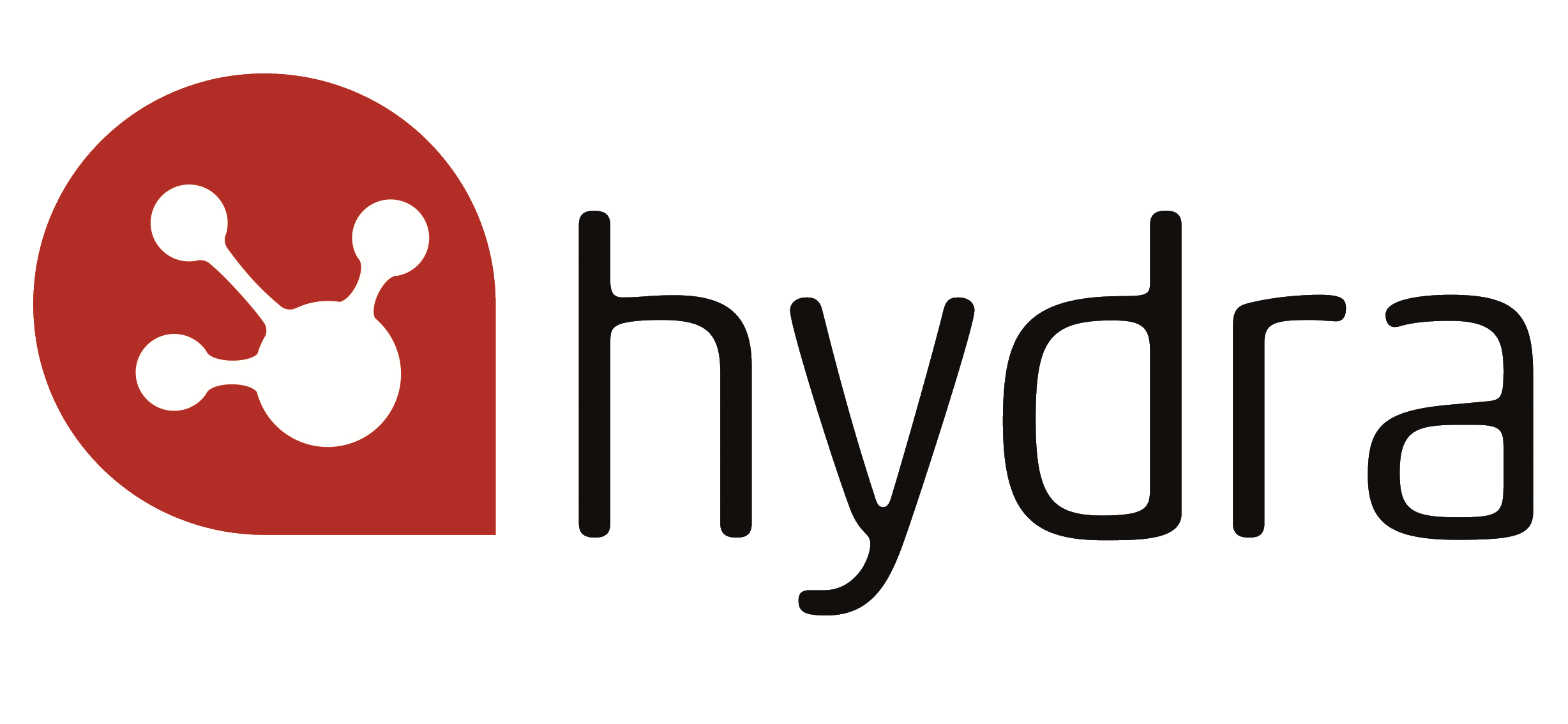Using project knowledge plans to boost your post-COVID recovery
There is no doubt that COVID-19 has brought a shock to the business world and reshaped the economic landscape. Many organisations, large and small, will be looking for ways to use the lessons learned and knowledge gained from the crisis to help their post-COVID planning and recovery efforts.
Knowledge plans for projects
Structured knowledge management (KM) provides a means for both coping with this and turning things around for an effective recovery. Some structure facilitating knowledge flow really helps to lift projects and the organisations they deliver for! Best practice KM is about treating knowledge as an asset – just like finances.
Knowledge Plans for Projects are an effective, structured practical way of turning this approach into reality (just like a Financial Plan for the Project). In simple terms, projects use and create knowledge on behalf of the organisation and functions are long term custodians of knowledge on behalf of the organisation.
What does a KM plan for a project do?
Simple and effective KM plans or both are required – this article focuses on projects. What does a KM plan for a project do? It provides a structured means to allow and manage:
- Knowledge flow into the project from the wider organisation at the start (or the start of each project stage)
- Knowledge and learning to develop and grow as the project is delivered
- Knowledge and learning to be shared with, and exported to, the wider organisation. Imagine a project KM plan that achieves these things, pragmatically and effectively, through:
1. Up-front clarity of project objectives and the specific knowledge required to deliver them. Delivery of actions to obtain any up-front knowledge that is missing (a “Knowledge Register” analogous to a Risk Register attached to a Risk Management plan).
2. Identification of points during project delivery where team learning processes take place (typically linked to Project Stage Gates). These team learning processes vary depending on whether bringing knowledge into the project team (Peer Assist), internal team learning (After Action Review) or exporting lessons to the wider organisation (Learning Reviews).
3. Structured sharing of learning with the wider organisation in a managed way through lessons identified and delivery of associated actions, interaction with communities and updating of training courses.
4. Ongoing prioritisation and engagement with organisational Communities of Practice to match the knowledge needs (both inputs and exports) of the project – these will change as the project evolves from stage to stage. Also, clarity on which project team members need to be involved.
5. Proactive application of individual knowledge transfer for staff leaving the project (e.g. due to staff transfer or retirement) – also for new staff onboarding the project.
The above is what a KM plan for a project is about – and it plays a part in the wider KM scheme / system for the organisation.
A Knowledge Manager, whether full-time or part-time, is required to own and maintain the project KM plan on behalf of the Project Manager and the project KM plan is reviewed on a regular basis as part of project governance.
Organisations that apply such approaches are in a much better position to manage both shocks and opportunities that come along and impact us – COVID-19 being a classic example of the former.
We hope you find this article useful and it helps your post-COVID project planning and knowledge management.
More from Paul
7 things project managers can be doing now
How to use knowledge management to future-proof your organisation
Why should you integrate knowledge management in to your business processes?
Free e-book - Are you 'Knowledge Ready?'
Did you know..
- 90% of the knowledge within an organisation remains within the heads of its employees [1]
- Organisation's that are most effective at knowledge transfer improve project outcomes by nearly 35%? [2]
Knowledge management is a difficult challenge that every organisation is faced with. Being able to retain and transfer valuable knowledge in your Business can be the difference between success and failure.
Our free downloadable ebook Managing the Right Knowledge and Managing the Knowledge Right shares the key questions and solutions for improving your knowledge management capabilities to help you become 'Knowledge Ready'.
Download your copy of Managing the Right Knowledge and Managing the Knowledge Right and start your journey to becoming 'Knowledge Ready'.
About Paul
 Paul Whiffen has been working in KM for over 20 years, including Head of KM for three organisations in different sectors. He understands the theory and know-how to make KM real and effective from experience gained in both leadership and supporting consultancy.
Paul Whiffen has been working in KM for over 20 years, including Head of KM for three organisations in different sectors. He understands the theory and know-how to make KM real and effective from experience gained in both leadership and supporting consultancy.
If you would like to learn more please visit his blog page or connect with him on LinkedIn.
[1] PMO Pulse of the Profession® 2015
[2] Pulse of the Profession® Capturing the Value of Project Management through Knowledge Transfer


